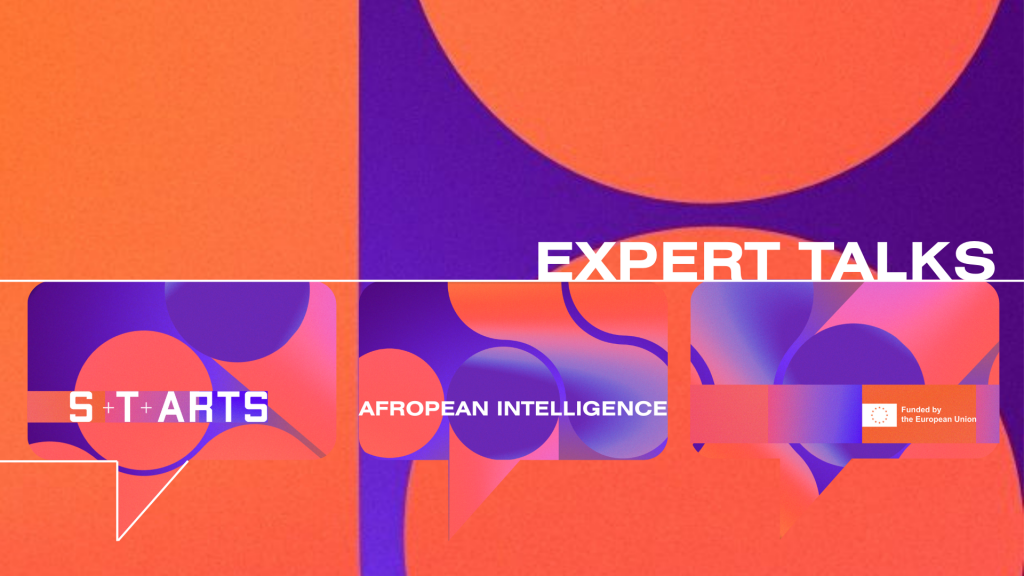
Sensing the heat by Kyriaki Goni
In the framework of S+T+ARTS EC(H)O – Challenge 4: European Space Policy in the Age of Sustainability
The project
Kyriaki Goni is immersed in research that merges art with advanced technology to explore how to harness omnipresent satellite imagery and integrate non-human intelligences into narratives of resilience and sustainability. The project is focused on how space technologies, specifically Earth Observation (EO) data, can offer solutions to global climate challenges like rising temperatures. The mission is to use AI and satellite data to enhance urban resilience and sustainable development. The artist plans to use Sentinel-3 thermal data from ESA’s Earth Observation Programme to visualize increasing heat on Earth, and Sentinel-2 vegetation data to explore heat-resilient plants that interact with the satellite in speculative ways.
Hosted by: European Space Policy Institute
The artist
Kyriaki Goni (b. 1982, Athens, Greece) creates multimedia installations that critically and poetically address political, affective, and environmental issues related to big technology. Her artistic practice explores extractive practices on bodies and landscapes, investigates alternative networks, and contemplates non-human intelligences such as machines or plants, aiming to connect local concerns with (inter)planetary perspectives. She holds master’s degrees in both Social and Cultural Anthropology and Digital Arts. Her project, Sensing the heat, merges art with advanced technology to explore new ways to harness omnipresent satellite imagery, aiming to integrate non-human intelligences into narratives of resilience and sustainability. The mission is to demonstrate how space technologies can provide solutions to global climate challenges, leveraging AI and satellite data to enhance urban resilience and sustainable development. The innovative approach focuses on integrating human, plant, and machine intelligence by combining remote sensing from satellites with ground-based sensors to monitor plants’ responses to stressors like heat. A speculative scenario within the project envisions an AI system deriving insights from heat-resilient plants to create adaptive algorithms that optimize resource management and cooling systems in smart cities.


